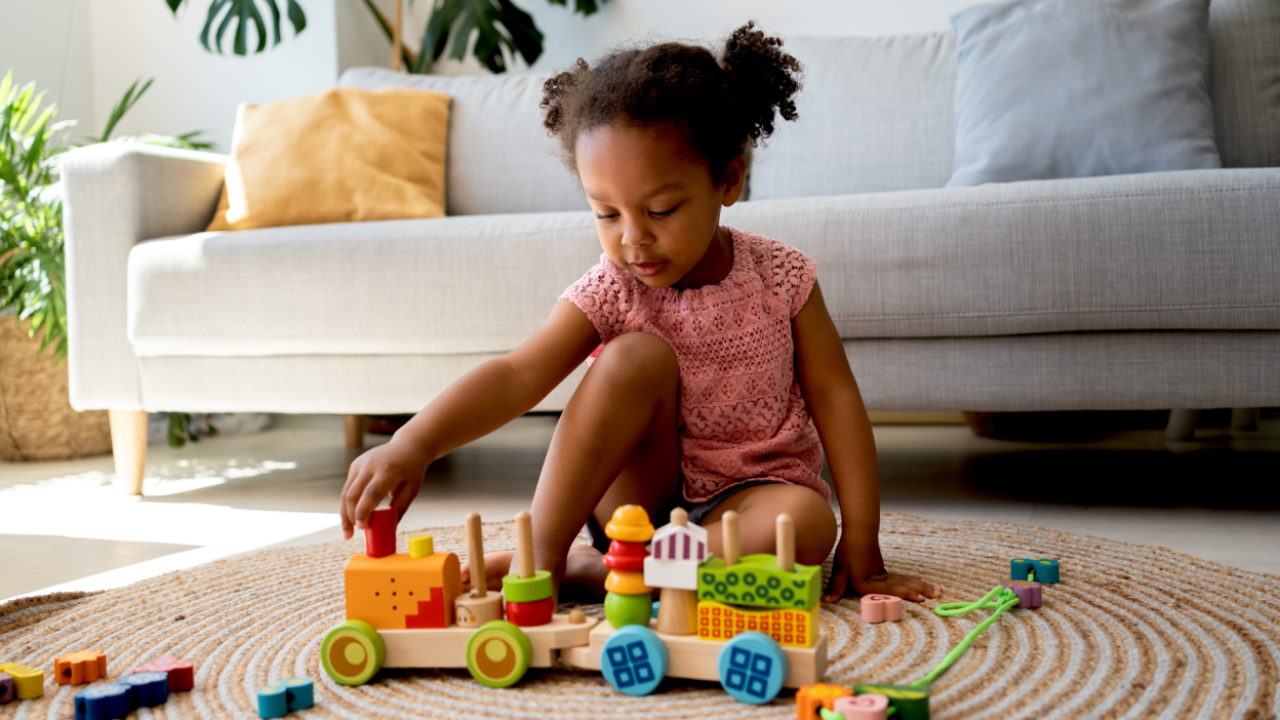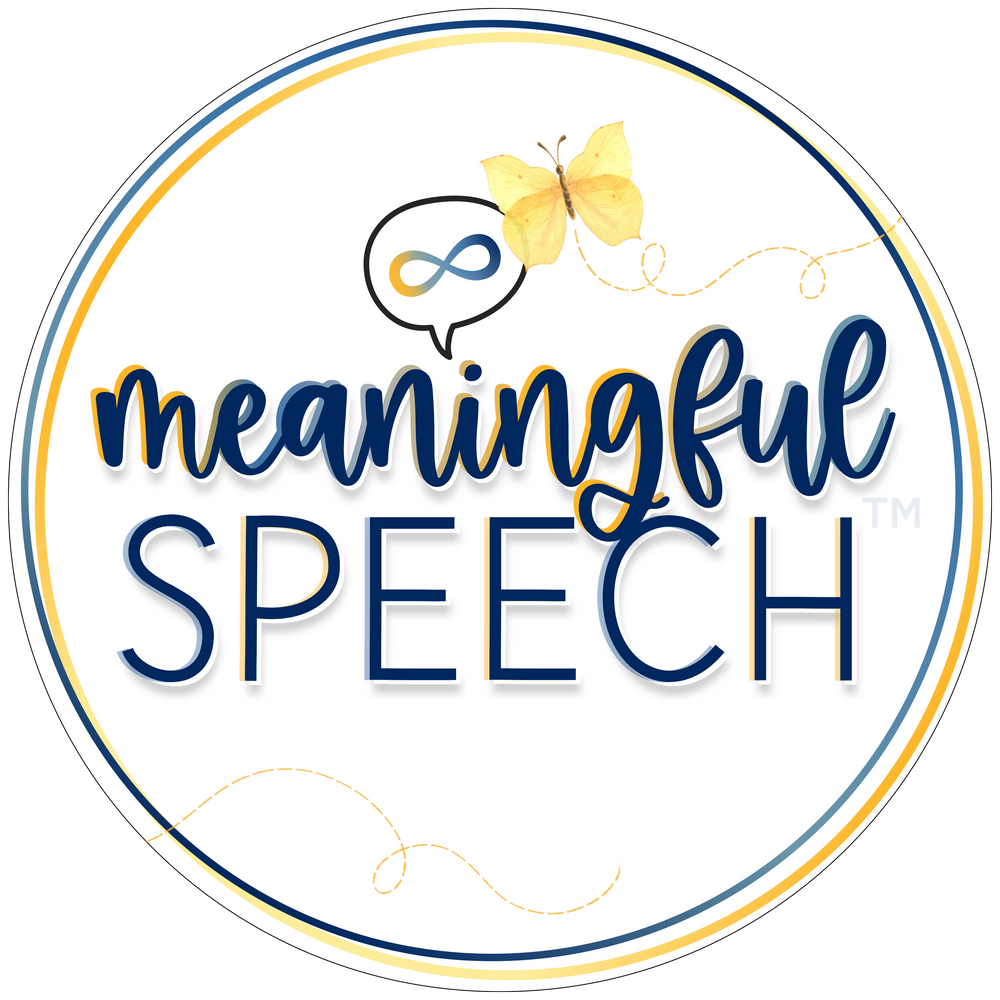What to Do When Your Autistic Child Doesn’t Want to Play With You (or Others)
Jul 02, 2025
Play is often seen as a cornerstone of childhood but what happens when your autistic child doesn’t want to play with you, with others, or with toys? It can leave parents and professionals feeling confused but the truth is: there’s always a reason, and it doesn’t mean anything is wrong.
Let’s break down why this might be happening and what we can do to support more meaningful, affirming interactions.
Reasons Your Child Might Not Be Interested in Playing with you (or others):
-
Monotropism (we’ll explain more below!)
-
Not developmentally ready (this has nothing to do with chronological age)
-
Not interested in the type of play you or others are offering
-
Prefers parallel play over interactive play
-
Enjoys solo play... and that’s okay!
-
Prefers sensory or object play instead of toys
-
Engaging with others is stressful (sensory overload, dysregulation, social fatigue)
What Is Monotropism?
Monotropism is a theory of autism developed by autistic people, Dr. Dinah Murray, Dr. Wenn Lawson and Mike Lesser in 2005. Murray & Lawson theorize that monotropic minds tend strngly towards a smaller number of interests at any given time, leaving fewer resources for other processes. Therefore, if a child is highly engaged in their specific interest, it can take a lot of energy to switch channels of attention to different tasks/activities.
So if a child seems “stuck” on one activity and isn’t joining in your play ideas, they’re likely not being rigid or difficult they’re simply protecting their focus and nervous system.
Rethinking Our Goals Around Play
You've probably heard the phrase, “All play is okay." We say it often here at Meaningful Speech. That’s because for too long, we’ve tried to "fix" autistic play to make it look more neurotypical. This often stems from a medical model of disability, which can lead to stress, dysregulation, and even trauma for autistic individuals.
The truth? Play doesn’t have to look a certain way. Your child doesn’t need to engage in pretend play, group games, or toy sets to be learning, growing, and connecting. Our job is not to direct or correct but to support whatever play style feels safe and joyful to them.
What You Can Do Instead
-
Meet them where they’re at. Let go of expectations about “how” they should play.
-
Avoid forcing or prompting play. Play should be joyful and self-directed.
-
Offer new items as suggestions, not requirements. Try bringing 2–3 familiar items and 1–2 new ones connected to their interests. Let the child take the lead.
-
Minimize clutter. Too many toys or materials can cause visual and sensory overwhelm.
-
Respect their readiness. Some kids aren’t ready for traditional “toy play.” Sensory-motor play, people play, or parallel play may be more appropriate starting points.
-
Be thoughtful about playgroups. Many social skills groups push neurotypical interaction styles that can be stressful for autistic kids. Instead, look for affirming environments with shared interests and safe, predictable routines.
Want to dive deeper into child-led therapy, gestalt language development and neurodiversity-affirming practices?
There are so many ways to keep learning and growing as a parent or professional:
- There are many free podcasts, webinars and articles to get you started. A comprehensive list of resources can also be found on our website. We now have a FREE masterclass on echolalia and child-led therapy and a Beginner's Guide to AAC & Gestalt Language Processing that are perfect for anyone starting their learning journey or on the fence about purchasing our courses!
- Meaningful Speech Course or AAC + Gestalt Language Processing Course: Deepen your understanding of gestalt language processing and learn strategies to support gestalt language development with one of our self-paced courses or webinars.
- SLP Registry: Find speech-language pathologists experienced in supporting gestalt language processors and child-led therapy.
- Free Webinars and Articles: Access free information to further your own knowledge or get free resources you can share with others.
